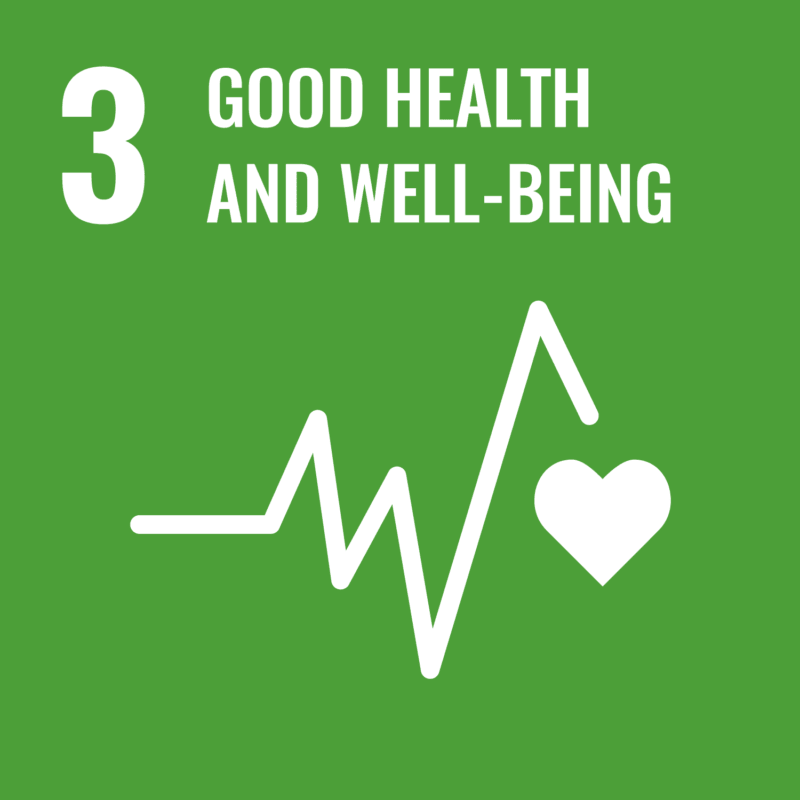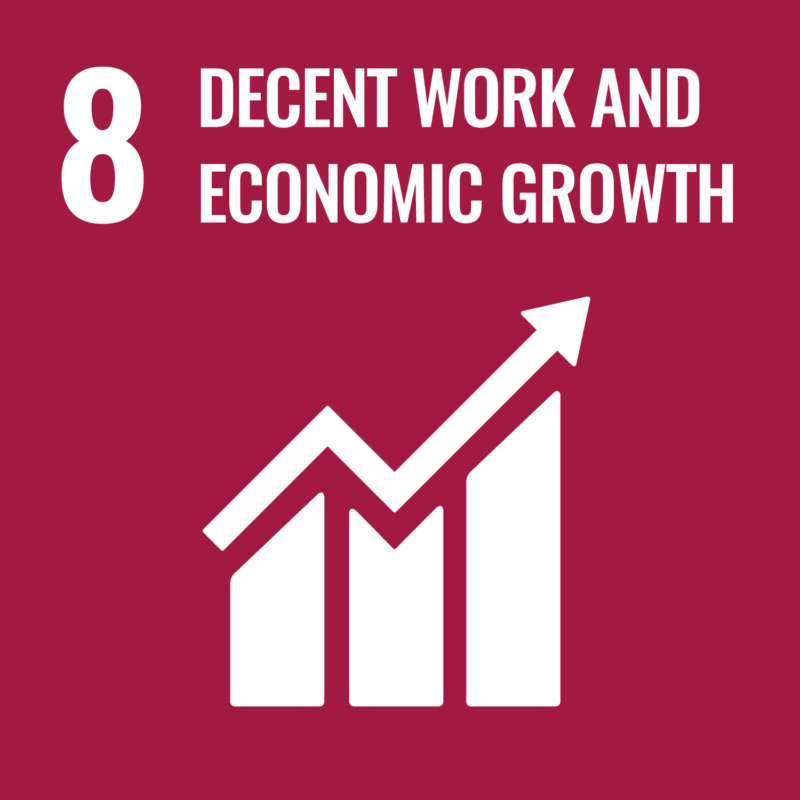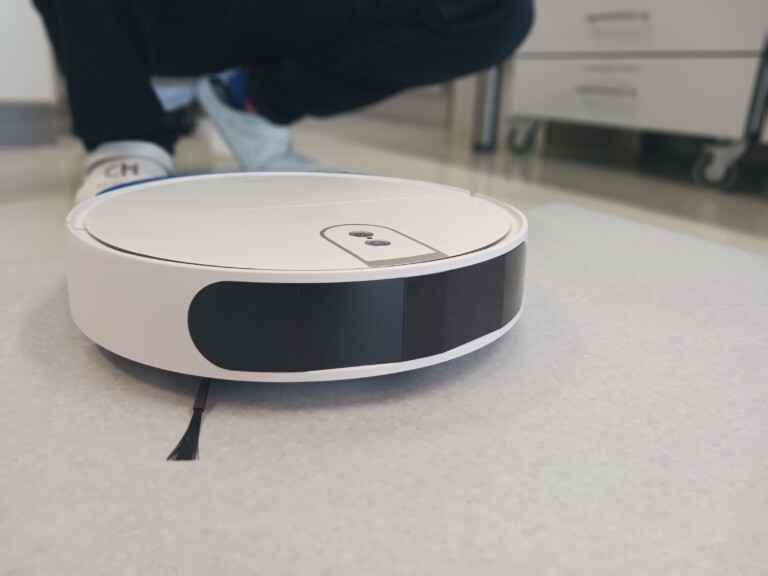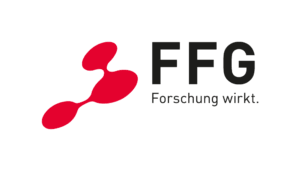To prevent the transmission of hospital-acquired infections, the proper implementation of hygiene practices is essential. Cleaning and disinfection measures in hospitals and health care facilities are therefore carried out by trained cleaners. If staff resources become scarce, for example during a pandemic, there is simply not enough time to carry out the required surface disinfection comprehensively and continuously. The supplementary use of autonomous systems would be necessary to relieve the burden on specialised staff and to ensure hygiene standards.
Autonomous cleaning and disinfection systems are only occasionally available on the market. These are mostly large devices that can be used primarily for large surfaces such as corridors, empty operating theatres, etc. For use in patient rooms, with complete room furnishings, smaller systems are required. This is where the research project RobiDES, under the project lead of OFI, sets in.
In the previous research projects HygO and SaferTex, OFI has already conducted intensive research on the interactions and effects of cleaning and disinfection on surfaces and was thus able to support Austrian SMEs in the development of new innovative products and services. The research project RobiDES now aims to support SMEs in the development of innovative autonomous hygiene systems. The aim of the project is to develop intelligent, novel, small and handy autonomous hygiene robots. These should offer maximum material compatibility and significantly reduce infection germs on surfaces. To this end, the use of different mechanisms of action is being tested, including UV/LED.
Within the framework of RobiDES, the prototype of a novel autonomous hygiene robot for the disinfection of near and far patient surfaces will be developed. In order to be able to take the needs of healthcare facilities into account, a survey of hygiene teams will be conducted. Furthermore, effectiveness and material compatibility will be investigated. Scientific investigations of the autonomous hygiene devices will be carried out under laboratory conditions and under real-life conditions with a direct comparison to conventional systems. The results will be entered into the EICHY database, which was created as part of the Coin Network project HygO, and made available to health and social care institutions, as well as manufacturers and distributors of medical devices.
The research project RobiDES is funded by the Austrian Research Promotion Agency (FFG) and carried out within the framework of the COIN SME – Innovation Networks programme. In addition to OFI, HYGline GmbH, Lumitech Lighting Solution GmbH, Markas GmbH and RobArt GmbH are part of the project consortium.



